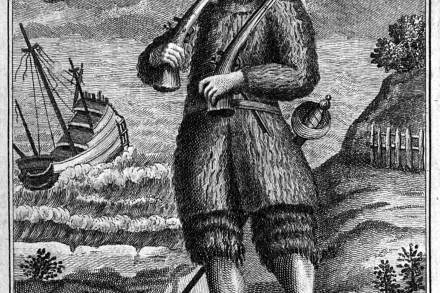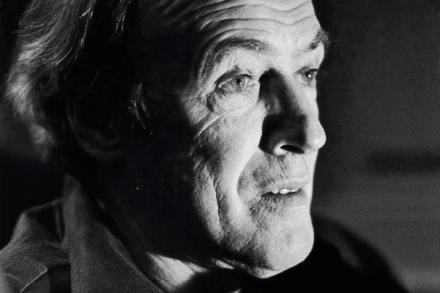The passionate friend
Sam Leith explores H. G. Wells’s addiction to free love, as revealed in David Lodge’s latest biographical novel In the history of seduction, there can have been few scenes quite like this one: ‘Am I dreaming?’, she said when she opened her eyes. ‘No,’ he said, and kissed her again. ‘But what about Jane?’ she















